Radboud University was founded on 17 October 1923 under the name Catholic University Nijmegen. The Dutch Catholic population planned to use its university to promote the emancipation of Catholics in the Netherlands who, at that time, were strongly under-represented in such areas as public administration, the legal profession and the medical sector. Our university wants to contribute to a free and healthy world with equal opportunities for all and to make a significant impact on a regional and an international level.
Radboud University's special identity gives students, staff and alumni the opportunity to develop in special ways. This happens in the various institutes, centres and associations that make up the wider Radboud community.
Joris Schapendonk
Joris Schapendonk is Associate Professor at the Geography, Planning and Environment department of Radboud University and an active member of Nijmegen Centre for Border Research (NCBR). As a critical geographer, he aims to contribute to discussions around mobility, borders and reflexivity in the field of migration studies. His most recent work concentrates on European mobility regimes, migrants’ alternative infrastructures, and academic backstages. His latest monography Finding Ways Through Eurospace is published by Berhahn Books (2020) and he recently co-edited a critical Handbook on Irregular Migration, published by Elgar (2023).
Nora Stel
Assistant Professor in Conflict Studies with expertise on qualitative methods, local governance in conflict-affected settings, critical security studies, and migration and border studies. Nora has specialized in the epistemic politics of displacement, currently focusing on the transnational governance of Syrian refugee returns from Lebanon, Jordan and Türkiye. Her research has been funded by, among others, the Dutch Research Council, the European Commission, the Swiss Network for International Studies, and Yale University. Nora has published over twenty academic peer-reviewed articles including in Development and Change, Antipode, Political Geography and Security Dialogue. Her book Hybrid Political Order and the Politics of Uncertainty – Refugee Governance in Lebanon was published with Routledge in 2020.
Tineke Strik
Professor of Citizenship and Migration Law occupying the chair of Sociology and Migration Law at Radboud University. Since July 2019, Tineke is a Member of the European Parliament: member LIBE committee (Civil liberties, justice and home affairs), AFET (foreign affairs) and DROI (human rights). Tineke's focus in her work as a MEP is on Migration and Asylum Policies, citizenship and the Rule of Law. A thread through both of these policy fields is the protection of EU Values and Fundamental Rights. Some of her priorities are ensuring that Member States and EU agencies, such as Frontex, respect basic human rights including the right to asylum and the principle of non-refoulment at the EU's external borders; safeguarding that the European Union respects its own values and human rights standards when engaging in external action; pushing for the respect of the Rule of Law by EU Member States, and ensuring that basic rights such as citizens' access to an independent judiciary, equal treatment and minority rights are respected and promoted.
Marieke van Houte
Marieke van Houte is a Senior Researcher at the Geography, Planning and Environment department of Radboud University, Nijmegen. Her research and teaching is about human migration and (im)mobility as a source of identity, power and inequality - in the context of development, conflict, and change, and both from the perspective of migrants and governance. Return migration is a key theme in her work, alongside transnational engagement of migrants, and processes of structure and agency in (im)mobility. Her work is grounded in empirical fieldwork in a variety of contexts and she specializes in qualitative, (co-)creative and participatory methods. Her long-term goal is to contribute to more sustainable solutions to complex social issues through solid and just knowledge production. Her book Return Migration to Afghanistan: Moving Back or Moving Forward? was published by Palgrave Macmillan in 2016. Her work on (return) migration has also been published in leading (migration) journals, including Migration Studies, International Migration Review, Population, Space and Place, Citizenship Studies, Journal of Refugee Studies, Identities, and Conflict, Security and Development.
LinkedIn: https://www.linkedin.com/in/marieke-van-houte-17889739
ORCID ID: https://orcid.org/0000-0002-8140-4618
Sherry Ebrahim
PhD candidate at the Geography, Planning and Environment department of Radboud University. Holds a Master’s degree in Public Administration and Governance of Migration and Diversity from Erasmus University Rotterdam and Bachelor’s degree in Political Science and Public Administration from Cairo University. Sherry is interested in studying return migration policies and practices from different actors’ perspectives and in the policies’ discrepancies/gaps.
Sherry is RU team’s first communication point in matters regarding social media, posting, content, etc.


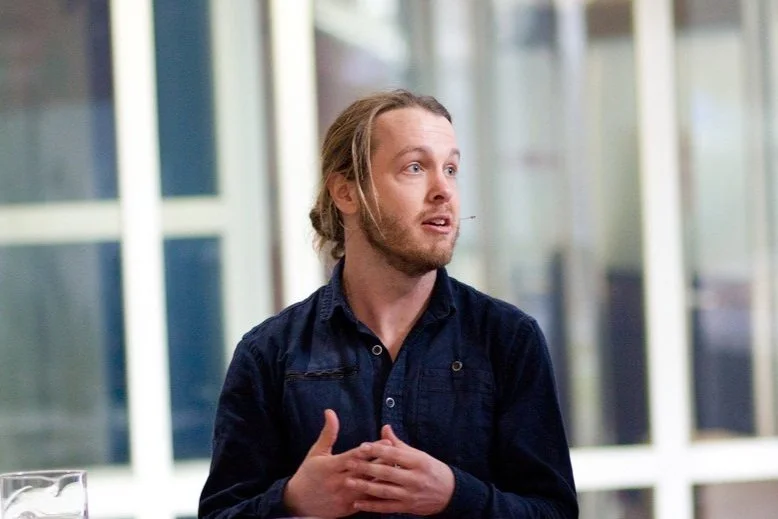
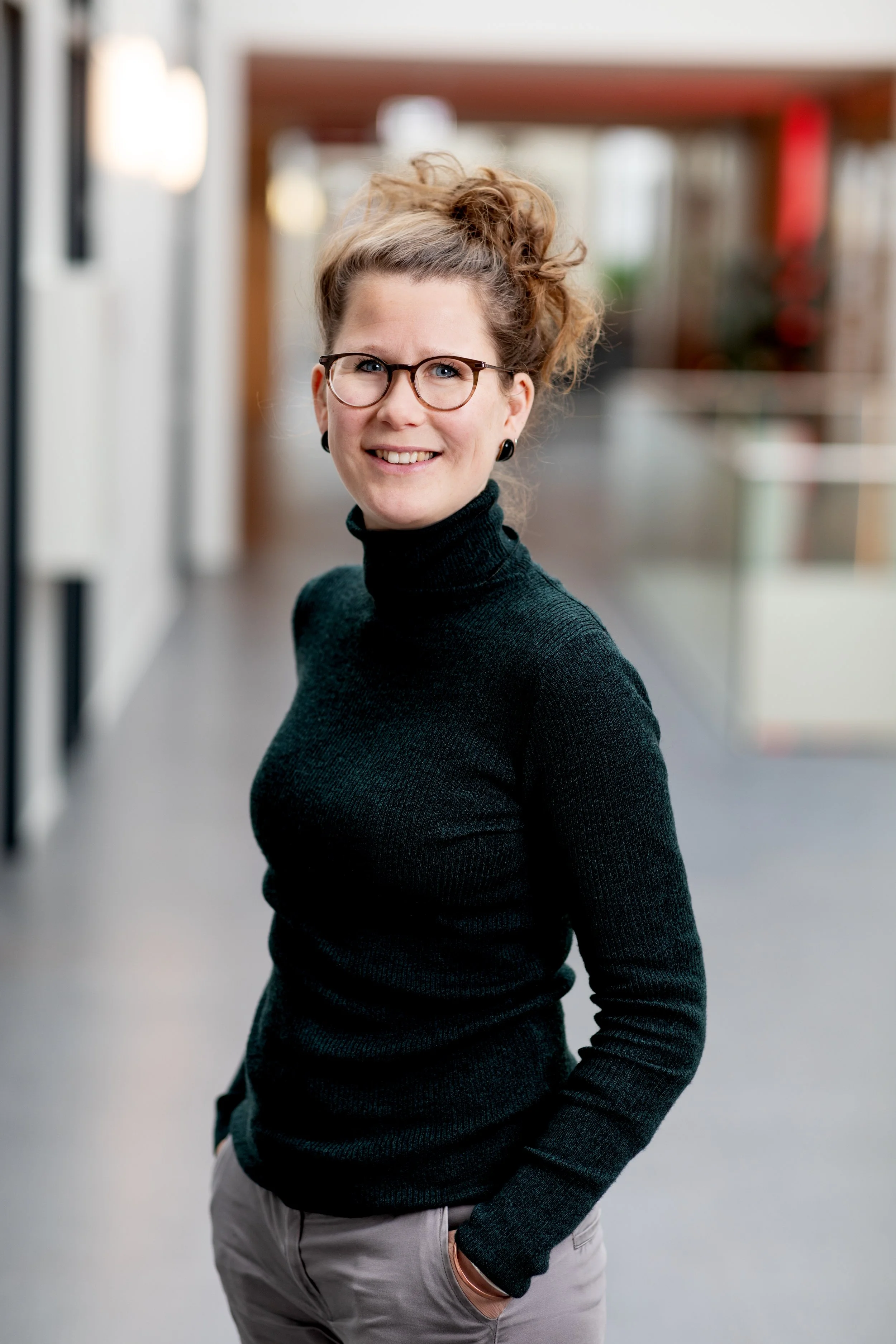
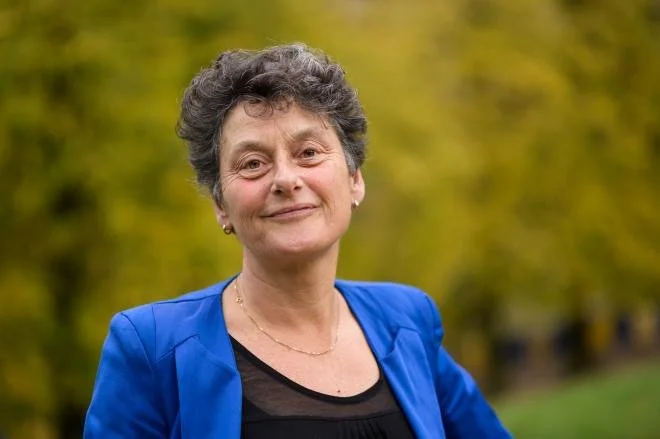

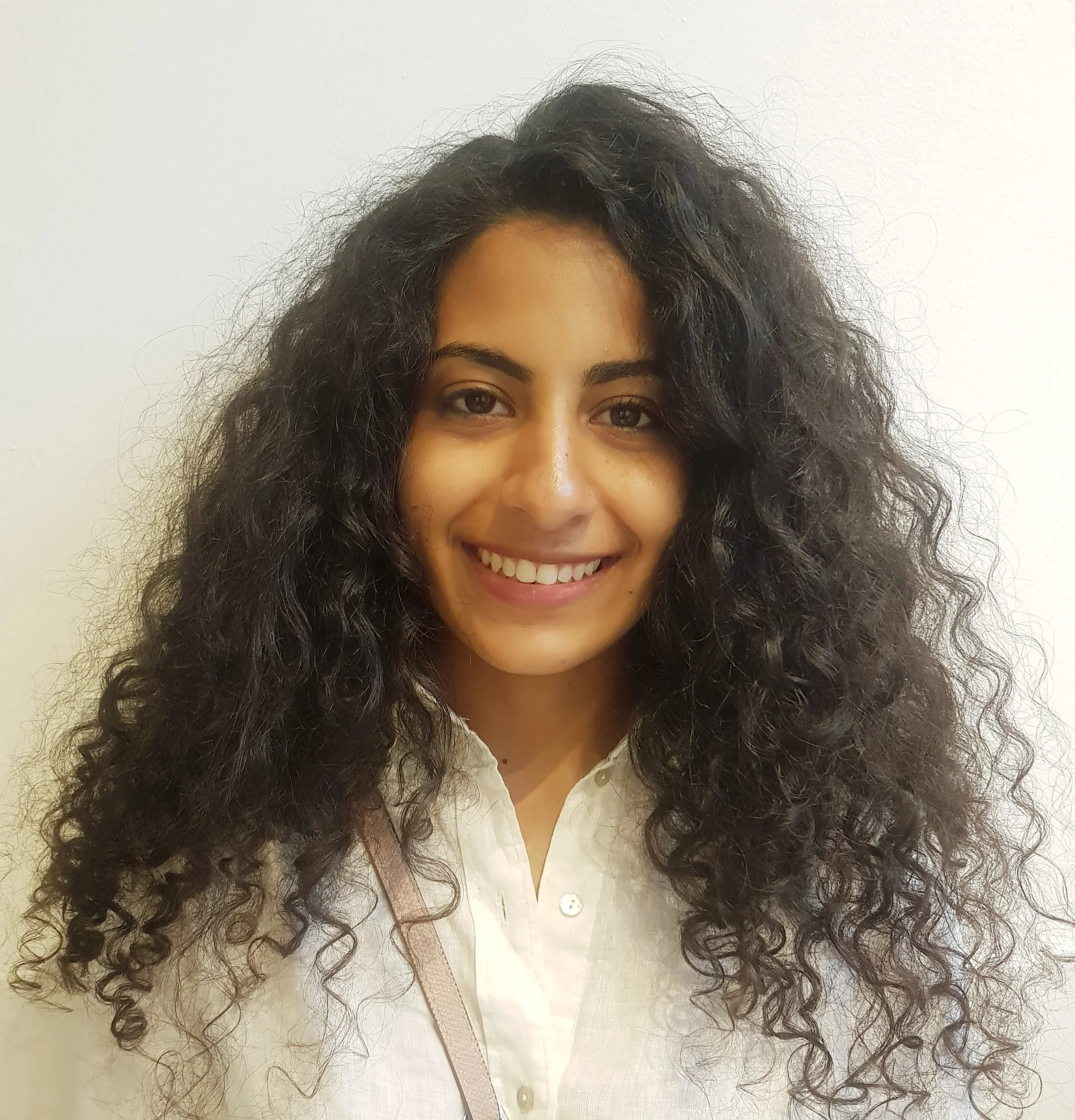

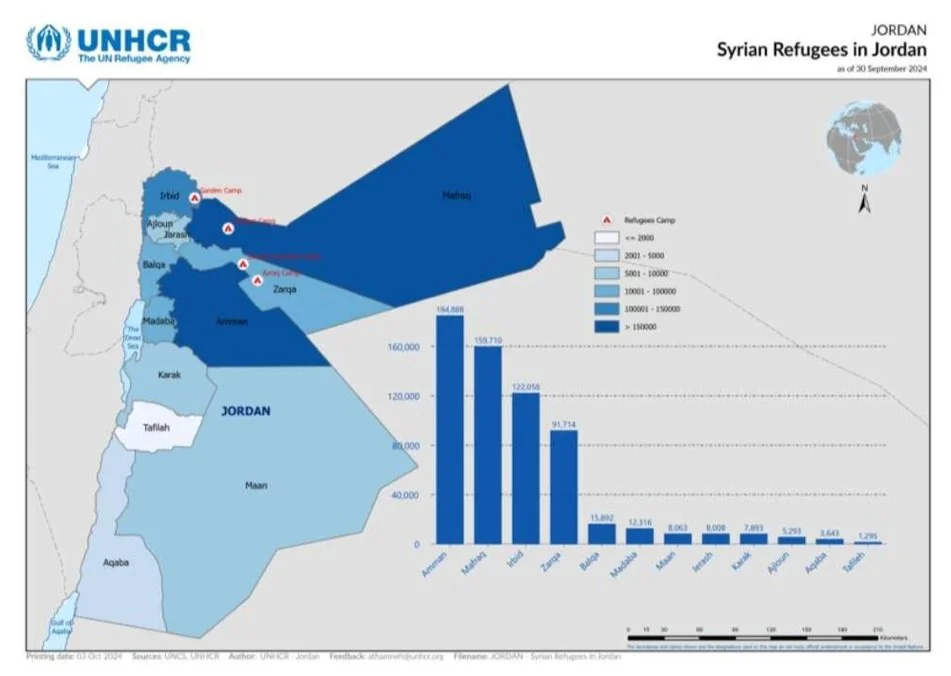

In a world where more than half of the Syrian refugees are denied the most basic means of employment, Jordan pioneered a new approach. Instead of leaving the Syrian refugees in perpetual waiting, the country undertook a carefully planned approach: to empower Syrians during their displacement so that they would one day be able to return to Syria not as victims, but as skilled and self-reliant assets. Unlike other host countries that have struggled to integrate Syrian refugees into their formal labor market (or completely omit them)-Jordan took steps in the right direction early on. Jordan provided access to work permits to the Syrians, removed the fees levied on the permits, and provided vocational training and skills development opportunities…